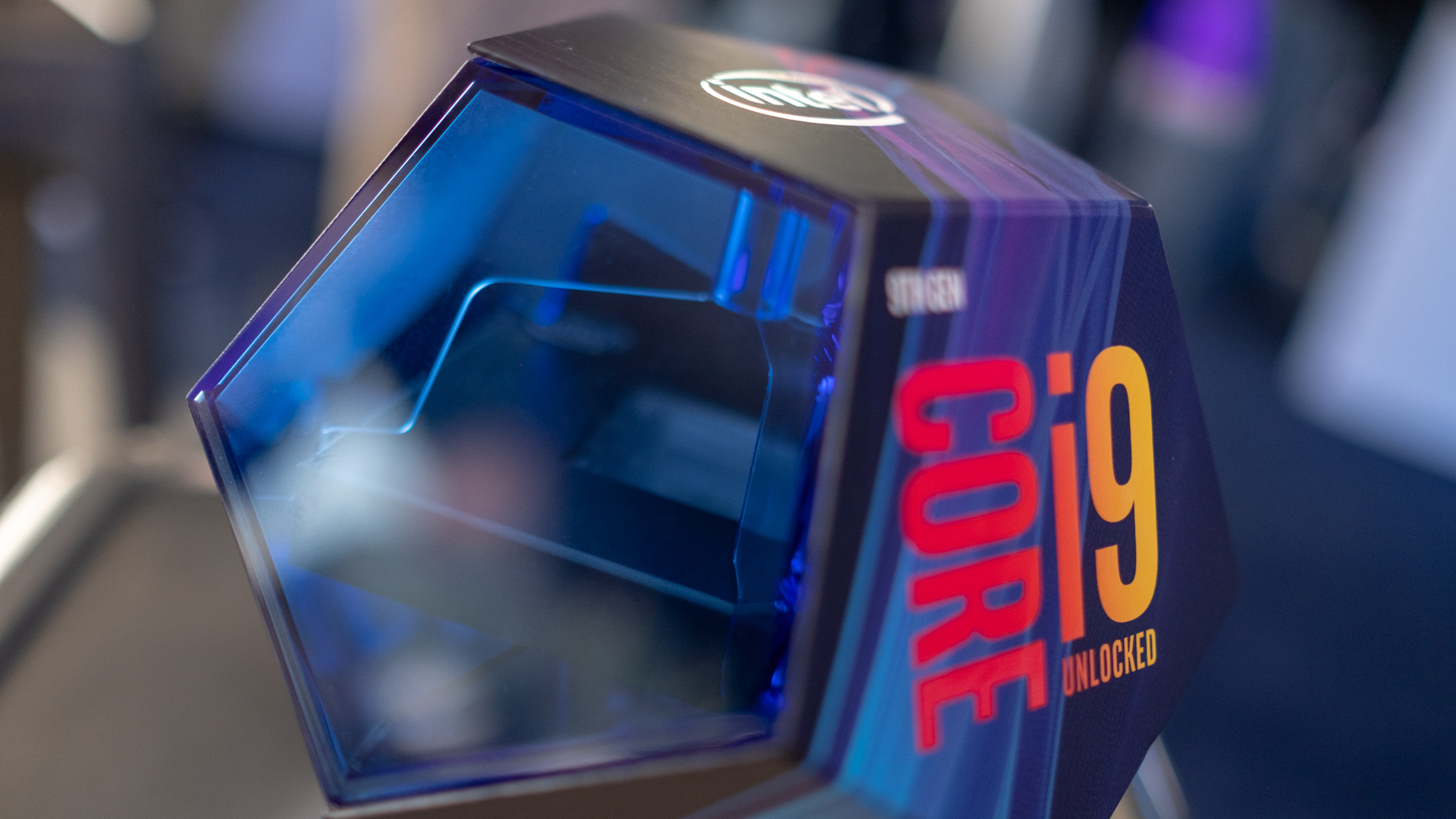Intel Comet Lake leak details next-gen CPU range with 10-core flagship capable of 5.1GHz boost
10th-gen desktop processors shaping up nicely – if this leak is on the money

Intel’s next-gen Comet Lake-S desktop processors have been revealed in a major leak detailing the purported full line-up, and providing info on exactly how fast some of these chips will be.
We should state upfront that these are alleged CPU and spec details, which we can’t be sure of, and we need to treat any leak like this with a suitable degree of caution.
- Intel CPUs aren't safe unless you disable hyper-threading?
- AMD Ryzen 9 3900X – how good is it really?
- Check out how to overclock your CPU
That said, Wccftech seems to have got hold of some Intel slides which are very revealing when it comes to the chip giant’s 10th-gen desktop processors based on a refinement of its 14nm++ process, which will supposedly be headed up by a 10-core (20-thread) as previously rumored.
That would be the Intel Core i9-10900 which purportedly runs with a base clock of 3GHz and Turbo to 5.1GHz (that’s presumably single-core boost), and it has 20MB of cache (no clock speed details are provided for the unlocked K version of this chip, by the way).
Also, as previously speculated, there is hyper-threading throughout the entire 10th-gen Core desktop family, from the Core i3 upwards. The Core i3-10100 is a quad-core part with eight-threads and a base clock of 3.2GHz with Turbo to 3.8GHz (allegedly – take that as read for everything in this report, of course).
Intel’s Core i7-10700 will apparently sport 8-cores and 16-threads with a base clock of 3GHz and Turbo to 4.8GHz. And the Core i5-10500 runs with six-cores and 12-threads with a base clock of 3.2GHz and Turbo to 4.3GHz.
Pentium chips remain dual-core CPUs with four-threads (and the Celeron processors at the very bottom of the 10th-gen range don’t get hyper-threading).
Sign up for breaking news, reviews, opinion, top tech deals, and more.
Twin upgrade
Comet Lake-S will support up to 40 PCIe 3.0 lanes, and comes with a new CPU socket (LGA 1200), so will also require a motherboard upgrade.
Another leaked Intel slide gives a taster of performance, with an apparent 8% improvement in Windows applications compared to Intel’s predecessor 9th-gen chips (that’s as measured under SYSmark 2014 SE).
There’s a bigger boost in multi-thread compute performance with an 18% increase (going by the SPECint benchmark).
TDPs will allegedly be 65W down the Core range for these chips (although the K variants will, of course, draw more power – although how much more isn’t specified in this spillage).
While this seems to be a pretty full picture of what we can expect, as ever, we must be wary of placing too much trust in any early leaks.
However, judging from what we can see here, the Core i9-10900 looks an impressive performer – particularly given that alleged headline Turbo speed of 5.1GHz, which as noted is presumably single-core.
But perhaps more interest and focus will be placed on the mainstream Core i5-10500 six-core CPU which looks to offer a 100MHz uptick on the Core i5-9600 in terms of base clock speed, albeit with slightly slower (300MHz lower) Turbo – but then the unlocked version could offer some potentially tempting overclocking performance.
And naturally, a great deal will depend on exactly how Intel prices these chips when they emerge, which according to the rumor mill will be in the first quarter of 2020. However, if Intel’s recent huge price cuts in the high-end desktop processor arena are anything to go by, we can but hope we’re in for a pleasant surprise…
It’s certainly clear that Intel needs to do something to stop the rot in the enthusiast desktop CPU market, where AMD’s Ryzen is currently running away with the game.
- Check out the best gaming PCs of 2019
Darren is a freelancer writing news and features for TechRadar (and occasionally T3) across a broad range of computing topics including CPUs, GPUs, various other hardware, VPNs, antivirus and more. He has written about tech for the best part of three decades, and writes books in his spare time (his debut novel - 'I Know What You Did Last Supper' - was published by Hachette UK in 2013).